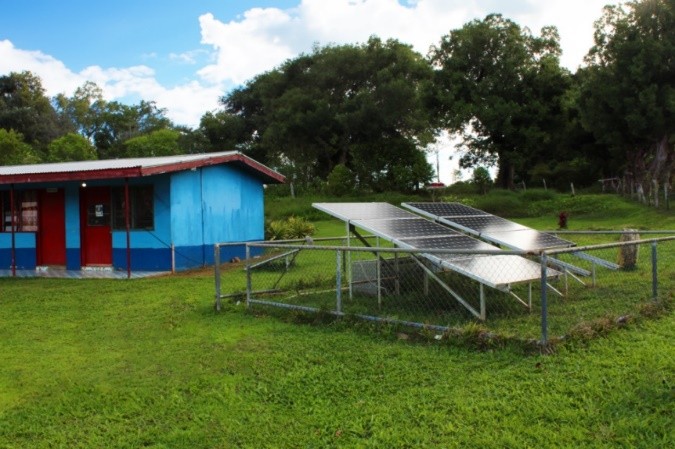mail info@star-centre.org

Bangladesh’s Energy Policy 2020 aims to ensure energy security, promote sustainable energy, and diversify energy sources. The policy sets a target to generate 10% of the country’s total energy from renewable sources by 2025. To achieve this, the government has allocated approximately $1.7 billion for renewable energy projects, including solar, wind, and biomass. The policy also emphasizes improving energy efficiency, aiming to reduce energy consumption by 20% by 2030 through various measures such as upgrading infrastructure and promoting energy-saving technologies. In terms of fossil fuels, the policy outlines a gradual reduction in dependency, with a plan to phase out coal-fired power plants by 2041. The government has committed $117.93 million to support different energy types, with a significant portion directed towards oil and gas1. Additionally, the policy includes incentives for private sector investments in renewable energy, aiming to attract $2 billion in private investments by 2025.
The policy also addresses the need for modernizing the energy infrastructure, with plans to invest $5 billion in upgrading the national grid and expanding rural electrification. This includes the installation of smart meters and the development of microgrids to improve energy access in remote areas. By prioritizing clean energy and efficiency, Bangladesh aims to support its socio-economic development while mitigating environmental impacts.
Read more: Energy Policy 2020
The Sustainable & Renewable Energy Development Authority (SREDA) of Bangladesh created the 2020 Guidelines for the Grid Integration of Solar Irrigation Pumps. The purpose of these guidelines is to support the connection of solar irrigation systems to the country's grid, encouraging the adoption of renewable energy in farming. Important aspects to consider are:
These guidelines help Bangladesh achieve its goal of boosting renewable energy usage and ensuring energy security through the utilization of excess energy from solar irrigation systems.
Read more: 2020-09-24-11-54-0063637427a512a1275b3e0bb6711c82.pdf (portal.gov.bd)
In 2016, the Bangladesh Energy Regulatory Commission (BERC) implemented the "Tariff for Roof Top Solar PV Electricity" Regulations to promote the usage of solar power. These rules create a feed-in tariff program, guaranteeing that the grid buys electricity produced from rooftop solar PV systems at a consistent and appealing price. This encourages people and companies to put money into solar panels. The rules additionally outline the importance of the Capacity Utilization Factor (CUF) in setting tariffs according to the electricity produced. Moreover, the total cost of establishing the solar PV system is factored into the tariff calculation to guarantee financial sustainability. The connection point where the solar PV system links to the grid is identified, and a control period is established for regular evaluation and modification of tariffs. These rules require new buildings with high energy needs to install rooftop solar panels, helping the government achieve its target of expanding renewable energy capacity. By December 2023, the total rooftop solar capacity installed under these rules had reached 162.73 megawatts (MW), greatly boosting energy security and fostering sustainable development in Bangladesh.
Read more: Feed-in tariff regulations
The Energy Efficiency and Conservation Master Plan up to 2030 in Bangladesh aims to significantly reduce the country’s energy intensity by 20% compared to 2013 levels. This ambitious plan, developed by the Sustainable and Renewable Energy Development Authority (SREDA), outlines a comprehensive strategy to save approximately 95 million tons of oil equivalent (toe) of energy by 2030. Key initiatives include upgrading infrastructure, promoting energy-efficient technologies, and enhancing public awareness about energy conservation. The plan also emphasizes the importance of capacity building and regulatory measures to ensure effective implementation. By focusing on these areas, Bangladesh aims to achieve a more sustainable and energy-efficient future, supporting both economic growth and environmental protection.
